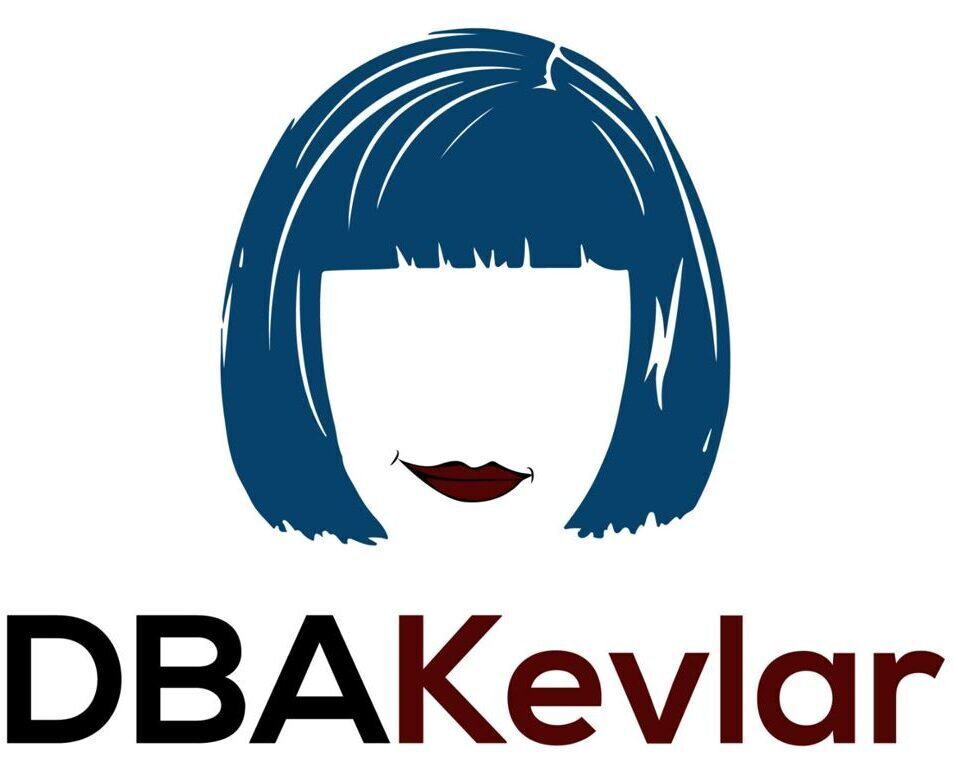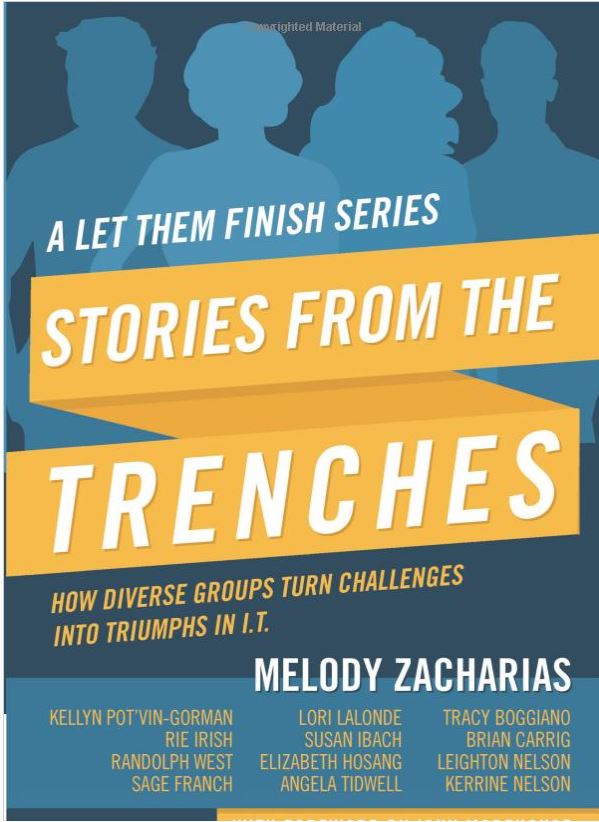I have the greatest respect for those that organize and create user group tech events. It’s an incredible challenge, especially having to compete with today’s huge, heavily funded, cloud vendor events, and due to this, one of the biggest challenges in running a tech event is driving attendance. The formula is familiar: great speakers, strong technical sessions, networking opportunities, and engaging social events. But somewhere along the way, as technology has advanced, one outdated tactic has lingered: using the presence of young women to attract a male-dominated audience.
For women in tech, this is not a trivial issue, but can be quite personal. I don’t know a single woman in our field who hasn’t experienced an uncomfortable interaction with a male peer at some point in her career. Often, the awkwardness stems from an over-abundance of alcohol, a misunderstanding or cultural difference, but the impact is the same: we are reminded that some still view us through a lens other than “technical professional.”
From early in my career, I only wanted to be recognized purely for my expertise. My husband, who later became my partner after being my first mentor eight years earlier, understood the challenges I faced as a woman in a male-dominated space. It was also difficult not to notice how quickly perceptions changed once I became “Tim Gorman’s wife.” The inappropriate interactions stopped almost entirely and not because I had earned respect, but because men didn’t want to offend another man. That realization has stayed with me and I know I’m privileged to have my husband in some of the technical communities I’m part because it does provide me a buffer from some of the inappropriate behaviors.
At a recent event in Croatia, I was reminded how much work remains to be done. Eleven years earlier, I had spoken at the same event and was struck by how the women working there were dressed. During the day, they helped at the event, dressed mostly in short skirts and very high heels, where the men were in T-shirts and jeans, which made it clear to everyone the event catered to the male audience. During the nightly parties, night club attire was donned by these same women and with heavy alcohol consumption, the cultural and gender divide became deeper. At the 2025 event, I was heartened to see progress: the women were dressed more like the men, in matching event shirts, and although fitted, the event was showing more inclusivity and professionalism can coexist. But the stares, the whispered comments, and the subtle reminders that these women were here to attract male attendees at the after parties remained.
After the conference, a social media post to promote the event’s anniversary, featured these women posed like beauty pageant contestants vs. the speakers or user group. I saw the picture and felt the air go out of me, but I was at a loss during that moment to know how to respond. How can we still be here, in 2025, reducing women to visual props in an industry built on innovation? From history, I was aware it wasn’t an oversight and also understood there’s a cultural difference that must be considered. I had to remind myself that of all the communities I’m involved with, this one I needed to be the most patient with on the topic of women in tech, but I wanted to believe we’d moved beyond this. I was disheartened to see comments and likes from respected peers, including women, showing how challenging it was and many viewed it was simply easier to turn a blind eye.
Experience has shown we cannot expect women to thrive in tech if we continue to have events, even unintentionally, perpetuate the message that our presence is ornamental. Representation isn’t just about having women on stage or in attendance; it’s about creating an environment where they are seen, heard, and respected for their skills, not their appearance.
When a male peer finally spoke up under that same post and pointedly asked, “Are these women actually in tech?” it meant more to me than he probably realized. The fact is, when men advocate for inclusion, it helps shift the culture. Many men still only recognize bias when it’s pointed out by a male peer. That’s why allies matter, both men and women allies.
So yes, I could stay silent, but I am speaking up. Not to criticize, but to educate as someone who sees how vital women in tech can be when we are treated as technical peers and not ornamental. I’m speaking up because silence makes me complicit, and complicity keeps the wheel turning where women feel unwelcome, unseen, or unsafe at the very events meant to advance everyone’s careers. We should do better. We can do better. Because the sustainability of women in tech depends not on token gestures, but on a shared commitment from everyone in the community to ensure that respect and representation are never optional.

